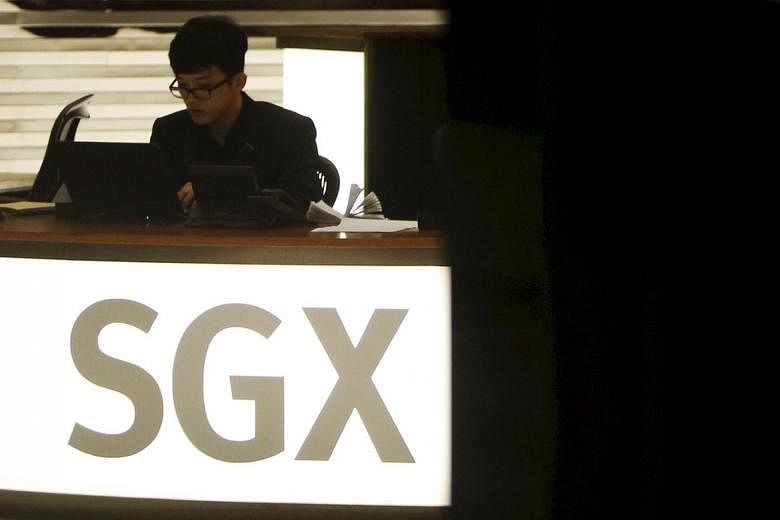A "clear disconnect" has emerged between well-heeled investors in Singapore and investment professionals over their perceptions of index-linked funds and their merits and risks, a recent survey has found.
Half of investors believe index funds and exchange traded funds (ETFs) are less risky than other types of investments, while 73 per cent feel the instruments offer better diversification.
The online survey commissioned by Natixis Global Asset Management, the asset management arm of investment bank Natixis and conducted in February also found that 67 per cent of Singapore's investors think index funds "provide access to the best investment opportunities in the market".
Four hundred investors, who have a minimum of $200,000 in investable assets each, were surveyed, and 54 per cent of them believe using index funds and ETFs "help minimise investment losses". About half also feel that index funds are a cheaper way to invest.
An index-linked ETF, for example, tracks the value of an index such as the Straits Times Index, offering investors a cheaper way to gain exposure to leading blue chips.
Natixis said in its report that while investment professionals agree that such passive instruments "confer a fee advantage", they do not concur regarding the other benefits perceived by Singapore investors.
Instead, active management is seen as better when it comes to pursuing higher risk-adjusted returns.
"Index funds may have a place in portfolios but their risks are often overlooked by investors who may mistakenly assign them benefits they may not have,"said Ms Madeline Ho, executive managing director and head of wholesale fund distribution for Asia-Pacific at Natixis Global Asset Management.
"As a result, many investors may become blindsided by market swings... It is critical to truly understand the risk of your portfolio and to identify the sources of diversification," she added.
The survey also found 66 per cent of Singapore investors seek professional advice, including the use of robo-advisers. A robo-adviser is an online wealth management service giving automated, algorithm-based portfolio management advice.
About 23 per cent of investors use a combination of financial advisers and robo-advisers.
The survey also found that Singapore's investors are also keen on new investment strategies.
About 67 per cent say that the traditional approach of 60 per cent equities and 40 per cent bonds to portfolio allocation is no longer the best way to pursue returns and manage investments. Instead, 92 per cent favour strategies that can help them to diversify their portfolios.
Even so, only 47 per cent of those surveyed actually own alternative assets, including hedge funds, private equity and real estate.
Investors who do not own alternatives say the assets are too risky. Some 36 per cent of them acknowledge that they "do not understand how alternatives work".
"Investing in alternatives can act as an effective diversifier for investors who are looking to build a more resilient portfolio that can withstand today's volatile markets," said Ms Ho.
Correction note: The story has been updated to clarify that the online survey was commissioned by Natixis Global Asset Management, the asset management arm of investment bank Natixis. The designation for Ms Madeline Ho has also been corrected.

